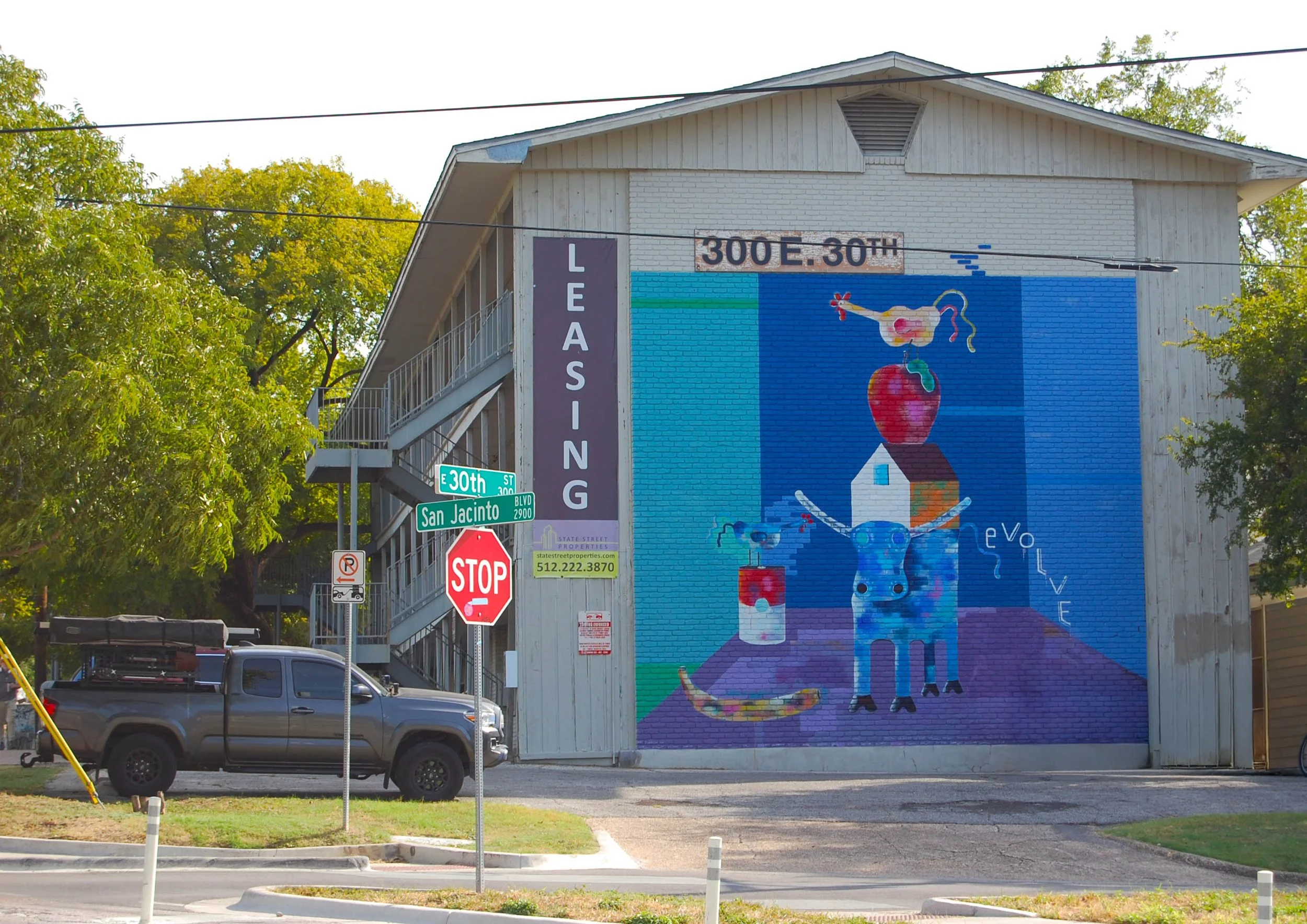Issues we are fighting for.
Who are cities for, if not for the people who live and work in them?
For a generation now, Austin has welcomed big tech and global capital with open arms. Our leaders handed out tens of millions in tax breaks, promising that if we just let the money pour in, the benefits would trickle down to all of us.
But they haven’t.
Instead, we’ve seen the middle class shrink. We’ve seen growing economic polarization. Yes, high-income jobs have grown — but low-wage jobs have grown even faster. Food service. Landscaping. Personal care. Nearly a quarter of Austinites now struggle to get by with low-income work, while middle-income jobs have dropped below 50%.
The second fastest-growing job in Austin today, after computer work, is healthcare support. And yet, pay for healthcare aides has actually gone down since the turn of the century. Today, they earn just two-thirds of the median wage. People working in computers now make three times as much as those caring for the elderly and the sick.
Our development model has not benefitted all of us, the way politicians and economists said it would. This is a system that’s left working people behind.
I also want to be clear that development itself is not the problem. Change is inevitable. In fact, we need responsible development that protects those most at risk of being priced out. We need density that supports public transit and meets the climate crisis head-on. But heedlessly bending our land-use policies at the behest of billionaire oligarchs and turning our housing needs over to the ruthless grind of global capital? That’s not the answer. We’ve seen this script before. We know how it ends. And it doesn’t end well for working people.
It’s time for a new path forward. A city that works for the people who live here.
Make no mistake: this isn’t just happening in Austin. This is a national crisis. Today, nearly three-quarters of all vacant housing in the U.S. is not for sale or rent, a near-historic high rate. These are vacation homes, second homes, or investment properties — leisure spaces and wealth storage for the rich. In other words, three-quarters of the “housing market” is not actually for the basic human need of a place to live.
So yes, we need a new development model in Austin. One that breaks our dependence on tech oligarchs and billionaire landlords. One that puts working people — not investors — at the center of our policies.
We need to prioritize housing and food security. Community wealth-building. Real democratic participation in planning and budgeting. And serious action on the climate crisis already hitting our region hard.
We need an Austin where people have real control over their homes — and the wealth their housing generates. Not an Austin dominated by absentee landlords exploiting our need for shelter.
We need a city that protects its public assets and supports its public servant employees — not one that outsources jobs and turns over precious public resources to unaccountable private entities.
We need responsible development. With tenant protections. With support for community-based economic development. We need a city that gives people more control over their working lives and their futures.
We need a city council that sees neighbors and neighborhoods as partners — not obstacles. One that listens to Austinites — not just lobbyists.


